Unveiling brain development: exploring border macrophages impact on neurocognition in health and disease
Responsable de l’encadrement : Dr. Laurie Arnaud Paroutaud ou Narjess Haidar/Dr Rua
E-mail: larnaud@ciml.univ-mrs.fr/ haidar@ciml.univ-mrs.fr
Centre d’Immunologie de Marseille Luminy
Résumé du Projet de Stage
The meninges represent a tissue enveloping the brain. Recent data, including from our team, revealed that they contain a large panel of resident immune cells located at the brain borders, including meningeal macrophages.

|
Meningeal immune cells can have a beneficial role in brain functions and promote social and cognitive behavior in the adult. Whether this positive action on the brain also occurs in early-life and whether it can help brain development and growth is unknown. Interestingly, the meninges and their resident immune cells (especially macrophages) penetrate the brain parenchyma between substructures, including the hippocampus which is an important neurogenic niche. In this line, the objective of this M2 project is to investigate whether meningeal macrophages could influence developmental neurogenesis in (i) physiological and (ii) pathological conditions.
(i) We hypothesize that meningeal macrophages could act on developmental neurogenesis through the release of specific factors. To address this question, we are combining multiple chemical and genetic innovative models to deplete macrophages, and analyze neurogenic output with RT-qPCR, immunohistochemistry and an original in vitro approaches of meningeal explant co-culture with neurospheres developed in the team. We are also performing behavioral experiments in macrophage-depleted mice.
(ii) In addition, early-life inflammation correlates with an increased risk of developing neurological disorders, including autism. Because meningeal macrophages could be a relay and amplify inflammation, we hypothesize that they could play a major role in inflammation-induced neurodevelopmental disorders. We will thus also deplete macrophages in murine models of neonatal inflammation.
The student will join a young and dynamic team (ERC laureate) consisting of 1 researcher, 2 post-docs, 2 engineers, 4 PhD students, and will be supervised by Laurie Arnaud-Paroutaud (Post-doc), Narjess Haidar (PhD) and Rejane Rua (PI). The CIML institute, located at the entrance of the Parc National des Calanques, stands as a leading immunology institute in France, with approximately 250 members and offering access to essential equipment, including state-of-the-art microscopes, cytometers, and genomic facilities.
Dernières Publications en lien avec le projet :
- Eme-Scolan E, Arnaud-Paroutaud L, Haidar N, Roussel-Queval A & Rua R. Meningeal regulation of infections: A double-edged sword. European Journal of Immunology (2023).
- Rebejac J, Eme-Scolan E, Arnaud-Paroutaud L, (…) and Rua, R. Meningeal macrophages protect against viral neuroinfection. Immunity (2022)
- Rua R, Pujol N. IL-17: good fear no tears. Nat Immunol comments (2020)
- Rua R, et al. Infection drives meningeal engraftment by inflammatory monocytes that impairs CNS immunity. Nature Immunology (2019)
- Rua R, McGavern DB. Advances in Meningeal Immunity. Cell Press Trends Mol Med (2018)
- Kwang and Rua, et al. T-bet-dependent NKp46 + innate lymphoid cells regulate the onset of T H 17-induced neuroinflammation, 2017, Nature Immunology
Ecole Doctorale de rattachement : ED62
Intitulé de l’Unité : Centre d’Immunologie de Marseille CIML
Nom du Responsable de l’Unité : Philippe Pierre
Nom du Responsable de l’Équipe : : Equipe du Dr Rejane Rua
« Immunosurveillance du système nerveux central »
Adresse : Centre d’Immunologie de Marseille Luminy
Parc Scientifique et technologique de Luminy
163 Avenue de Luminy
Case 906- 13288 Marseille cedex 9- FRANCE
CNRS UMR7280, INSERM U1104, AMU UM2

